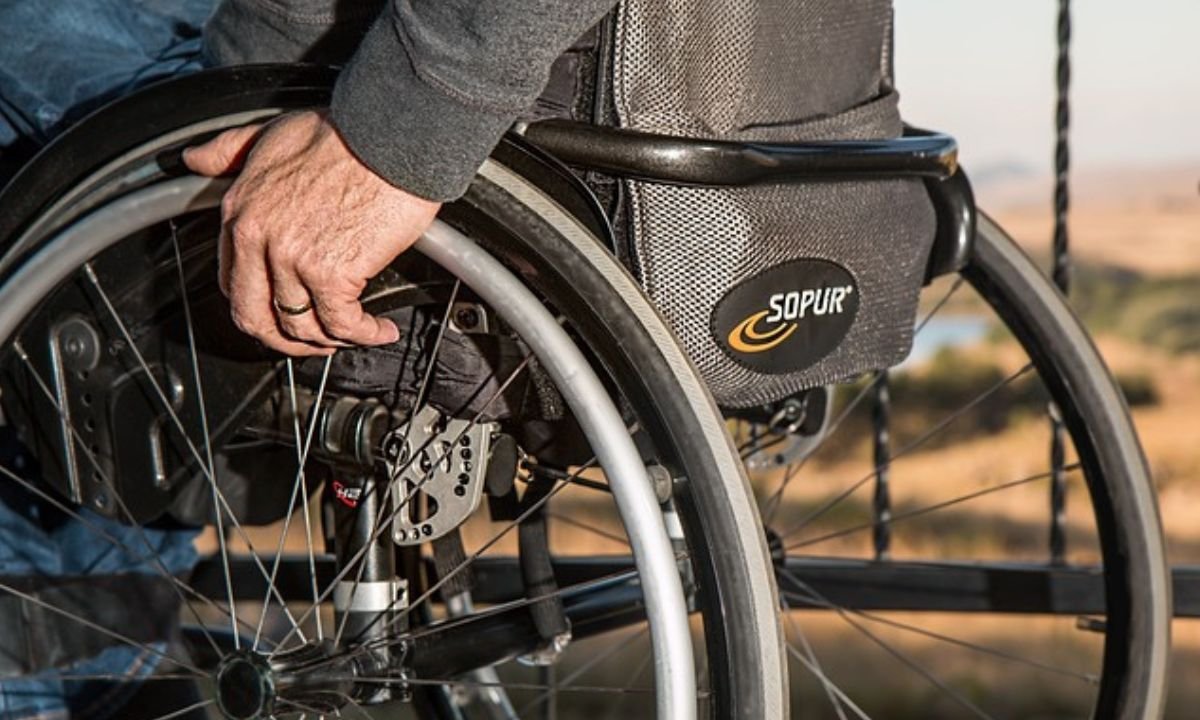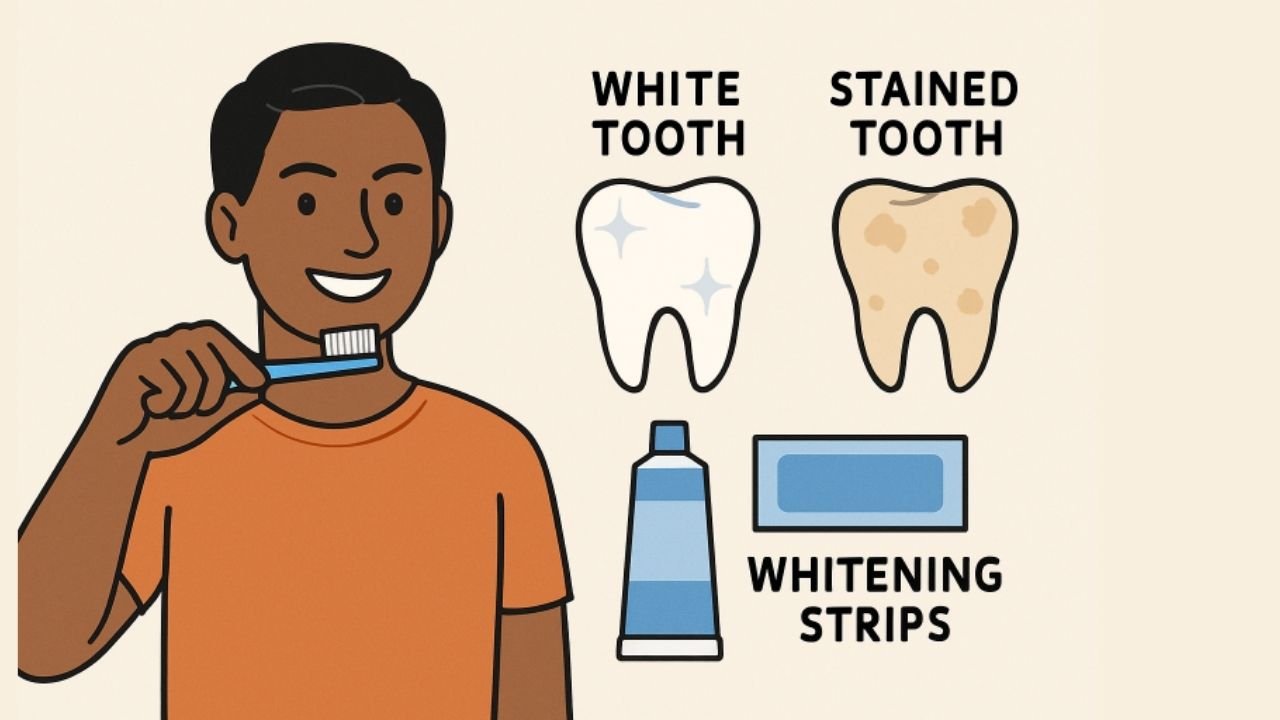Every year, millions of lives are affected by car accidents. Beyond the immediate trauma of the incident, these accidents often leave victims grappling with health complications, some of which can last for years. From whiplash to more severe injuries like traumatic brain injuries, the impact on a person’s physical and mental well-being can be profound.
Understanding the common health issues caused by car accidents is not just important for timely diagnosis but is also essential for effective treatment and rehabilitation. This article focuses on some of the most frequent injuries, long-term complications, and the critical importance of seeking early medical care.
Whiplash and Neck Injuries
What is Whiplash?
Whiplash is one of the most common injuries resulting from car accidents, especially rear-end collisions. This injury occurs when the neck is violently whipped back and forth, stretching and straining muscles and ligaments.
Symptoms of Whiplash
Whiplash symptoms may not appear right away but can include:
- Neck pain and stiffness.
- Reduced range of motion in the neck.
- Headaches, often radiating from the base of the skull.
- Dizziness or fatigue.
- Tingling or numbness in the arms.
Diagnosis and Treatment
Diagnosing whiplash typically involves a physical examination and imaging tests like X-rays or MRIs to rule out fractures. Treatment often includes:
- Rest and limited activity modification.
- Use of icepacks or heat to reduce swelling and discomfort.
- Physical therapy to regain neck mobility and strength.
- Pain management through medications like NSAIDs or muscle relaxants.
Why Immediate Medical Attention is Crucial
Even minor neck pain after a car accident should not be ignored. Seeking immediate care ensures accurate diagnosis and prevents conditions like chronic pain or long-term mobility issues.
Soft Tissue Injuries

Types of Soft Tissue Injuries
Soft tissue injuries involve damage to muscles, ligaments, and tendons. Common types following car accidents include:
- Sprains in joints such as wrists, knees, or ankles.
- Strains or tears in muscles.
- Contusions (bruising).
Symptoms to Watch For
Identifying soft tissue injuries can be tricky, as symptoms often develop gradually. Common signs include:
- Swelling and tenderness around the injured area.
- Stiffness or inability to use the injured body part.
- Persistent pain during movement or rest.
The Role of Rehabilitation in Recovery
Rehabilitation, including physical therapy, is critical for soft tissue injury recovery. Key benefits include:
- Reducing pain through targeted exercises.
- Preventing re-injury by gradually strengthening affected muscles.
- Restoring mobility and flexibility.
Ignoring soft tissue injuries can lead to complications such as chronic inflammation or the development of scar tissue, which can limit future movement.
Head Injuries
Types of Head Injuries in Car Accidents
Head injuries are among the most severe health issues caused by car accidents. These include:
- Concussions: Caused by mild trauma to the head or neck.
- Traumatic Brain Injuries (TBI): Ranging from mild (temporary brain function changes) to severe (long-term or permanent brain damage).
- Skull fractures: Direct impact injuries causing a break in the skull bone.
Short- and Long-Term Effects
Immediate effects may include headache, confusion, nausea, or blurred vision. Long-term consequences can be serious and include memory loss, impaired cognitive function, or emotional instability.
Diagnosis and Treatment
Head injuries require urgent medical assessment. Diagnostic tools like CT scans or MRIs determine the scope of the injury. Treatments vary depending on severity but may include:
- Rest and avoiding strenuous activities.
- Medications to manage swelling or seizures.
- Surgery in cases of severe injury.
Brain health post-accident must be monitored over time, as symptoms of serious injuries can appear days or even weeks later.
Back Injuries
Common Back Issues After Car Accidents
Back injuries are a frequent consequence of car accidents and can greatly hinder mobility. Common types include:
- Herniated discs (slipped discs).
- Spinal fractures.
- Strains or sprains in back muscles or ligaments.
Signs & Symptoms
Symptoms of back injuries can vary but often include:
- Persistent lower back pain.
- Pinched nerves causing radiating pain in the legs.
- Muscle spasms or stiffness around the spine.
Diagnosis and Treatment
A proper diagnosis typically involves a physical exam and imaging tests like X-rays or MRIs. Treatments include:
- Anti-inflammatory medications for pain relief.
- Physical therapy to restore strength and mobility.
- Surgery for severe cases, such as herniated discs impacting the spinal cord.
Long-Term Complications from Car Accidents
Untreated injuries from car accidents can lead to chronic disabilities, reduced quality of life, and mental health struggles. Common long-term complications include:
- Persistent pain or stiffness in injured areas.
- Post-concussion syndrome, resulting in prolonged headaches, fatigue, or difficulty concentrating.
- Emotional conditions like PTSD or anxiety caused by the traumatic experience.
- Development of arthritis in joints affected by the accident.
Monitoring symptoms closely after the incident and attending all scheduled follow-ups can prevent these complications.
The Importance of Early Diagnosis and Rehabilitation
The Critical Window for Treatment
The first 24-48 hours after a car accident are vital. Early diagnosis allows healthcare professionals to identify hidden injuries and start treatment before complications develop.
Post-Accident Care Tips for Victims
- Seek medical attention immediately, even if you feel fine. Symptoms may develop later, and early evaluation is essential.
- Follow through with all recommended treatments and therapies. Skipping rehab can result in long-term pain or reduced mobility.
- Stay informed about your condition. Understanding your injury and recovery process empowers you to advocate for your care needs.
Through timely care, physical therapy, and consistent follow-ups, car accident victims can recover effectively and regain control of their health.
Prioritize Your Health After a Car Accident
Car accidents might only take seconds to occur, but their impact on health can last a lifetime. From whiplash to back injuries, understanding the risks and seeking early diagnosis is crucial for recovery.
Conclusion
Your health is your most valuable asset, and prioritizing it after a car accident is essential. Taking proactive steps—such as seeking immediate medical attention, following through with treatment plans, and staying informed about your condition—can make a significant difference in your recovery. By addressing injuries early and focusing on long-term well-being, you can restore your quality of life and move forward with confidence. Remember, your body deserves care, attention, and patience during the healing process.
If you’ve been in an accident, don’t wait. Prioritize your health and consult with medical professionals right away. Early intervention could make all the difference in your recovery.
YOU MAY ALSO LIKE
Eating Habits for a Healthier You
FAQs
1. How soon should I see a doctor after a car accident?
It’s crucial to see a doctor within 24-72 hours after a car accident. Early evaluation helps identify hidden injuries and accelerates recovery.
2. What are common injuries caused by car accidents?
Some common injuries include whiplash, concussions, fractures, sprains, and spinal injuries. Assessment by a medical professional is essential.
3. Can I recover fully after a car accident?
With timely medical intervention, adherence to treatment, and proper care, a full recovery is possible for many individuals. Each case varies, though.
4. Why is early medical attention important after an accident?
Early medical attention prevents minor injuries from worsening, ensures proper documentation for insurance claims, and promotes a faster recovery process.
5. How can I manage long-term health after a car accident?
Focus on physical therapy, follow up with your healthcare provider, maintain a healthy lifestyle, and listen to your body’s healing process to aid long-term health.











